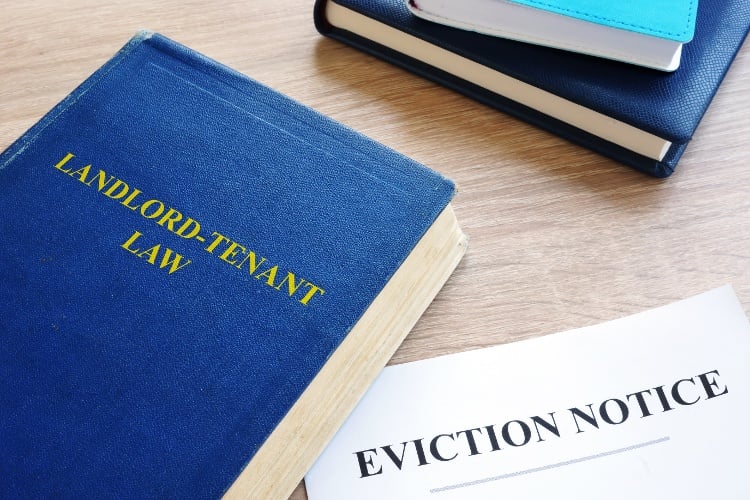
The Squatter Conundrum: Defining Unauthorized Occupancy
Squatters, the word employed for individuals that take an deserted or unoccupied residence, raise a amount of troubles and controversies. Although they may feel they have a right to get there, this is not always true. To assist very clear stuff up, let’s leap into the realm of home occupancy laws and regulations and comprehend squatters rights.
First, it’s vital that you know that each state features its own laws and regulations with regards to squatters rights. But typically, they have constrained rights and no authorized possession of the home they take up. Generally, if a house owner can demonstrate acquisition, the squatters should leave. Nonetheless, disputes may become challenging when there is no clear evidence of management or maybe your property has been abandoned for an expanded period of time.
Secondly, there are actually diverse legal concepts which could produce squatters rights. One is the undesirable property, allowing a man or woman to claim authorized acquisition of a house when they have lived there continuous for a particular time period, typically between 5 to two decades depending on state law. Anyone must make an open and popular use of the home, unlike merely occupying it privately. The adverse possession doctrine exists to stop landowners from abandoning their properties and returning many years afterwards to desire management, as the law always looks for to increase the successful usage of land.
Next, it’s important to note which not all states have undesirable ownership regulations. Some have laws and regulations that allow squatters to assert lawful acquisition of residence by simply having to pay income taxes and looking after it for a stipulated period of time, typically ranging from 5 to two decades. This is known as undesirable property by doctor prescribed, and it also needs no evidence of an open and well known utilisation of the property.
Fourth, squatting is often deemed a felony offense. Trespassing is a criminal activity, and when somebody is located in a home without the need of authorization from the owner, they are often responsible for trespassing. Additionally, trespassers may experience other illegal costs, for example break in or thievery, should they dedicate offences when occupying the house.
Fifth, there are actually constraints towards the rights of squatters. For example, if a house owner has presented consent for an individual to take the property, anyone is not a squatter and it has no state they the home. Similarly, if a squatter uses abuse or threatens the house owner or their family, the homeowner usually takes legal action to take out them in the house right away.
brief:
In summary, squatters rights are complex and minimal. Squatters may assert ownership of a residence through negative ownership, but this requires fulfilling certain authorized problems. Trespassing is prohibited and can lead to felony charges. As a result, it’s significant, as a property owner, to be informed regarding the occupancy legal guidelines where you live to protect yourself from possible disputes or difficulties.



